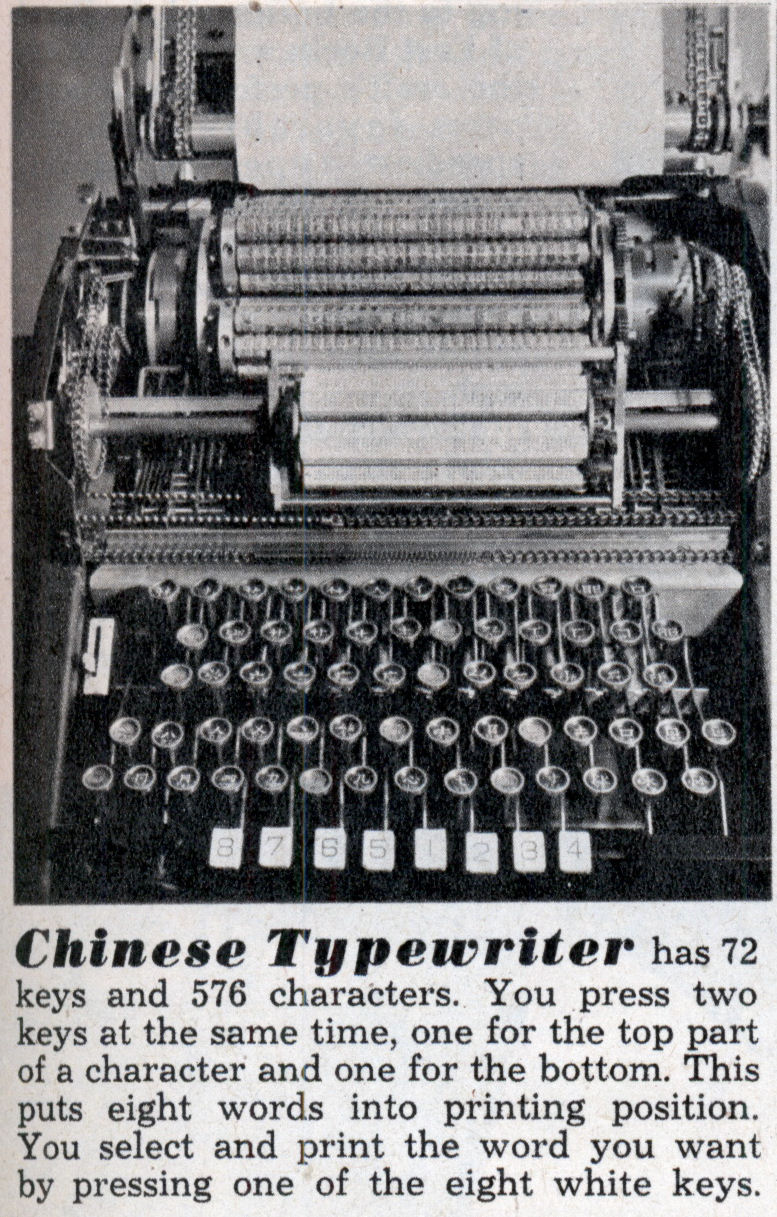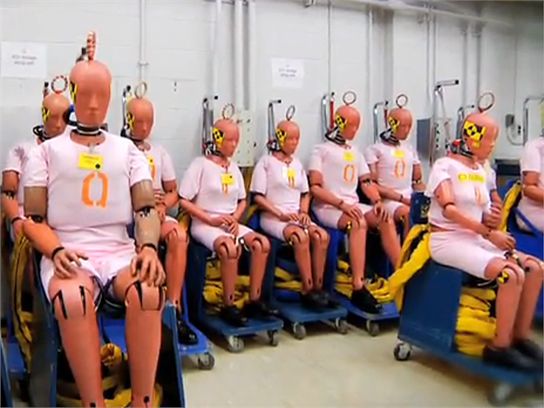Robert Lane Greene, the Economist language columnist and author of You Are What You Speak, just conducted an unsurprisingly whip-smart Ask Me Anything at Reddit. One questioner wondered whether we should all be learning a Chinese dialect, and Greene used that opening to explain that the language is not headed for global-tongue status even as the nation gains great prominence on the world stage. The exchange:
Question:
If you’re going to learn a language, should everyone who doesn’t know Chinese learn it?
Lane Greene:
I’ve written about this several times, most recently
http://www.economist.com/comment/2610697
but also
http://moreintelligentlife.com/content/ideas/robert-lane-greene/should-you-teach-your-kids-chinese
and in my book.
The short version is this: China is hugely important and getting important faster. But Chinese is not getting more important at anything like the same rate as China.
What does this mean for the learner? If you plan to do any business that might involve intensive contact with China, definitely, learn Mandarin – it’ll be advantageous to understand the country and its people better than your competitors.
But here’s what it doesn’t mean: Chinese is not on a path to become a world language. It is overwhelmingly spoken by Chinese people, most of them in historically Chinese areas and the diaspora. It is not a lingua franca of wider communication. What does a Japanese person speak to a Cambodian? What does a Chinese businessman in Germany speak? A Swede holidaying in Portugal? You get my drift: lingua franca status comes when non-natives use a language for its practical access to lots of other people, including other non-natives.
So Chinese will get more important, no doubt. But it’s not on its way to lingua franca status.
And finally, I think the Chinese writing system is a huge impediment for the foreign learner, and therefore to the rise of the language in wider circles.•


